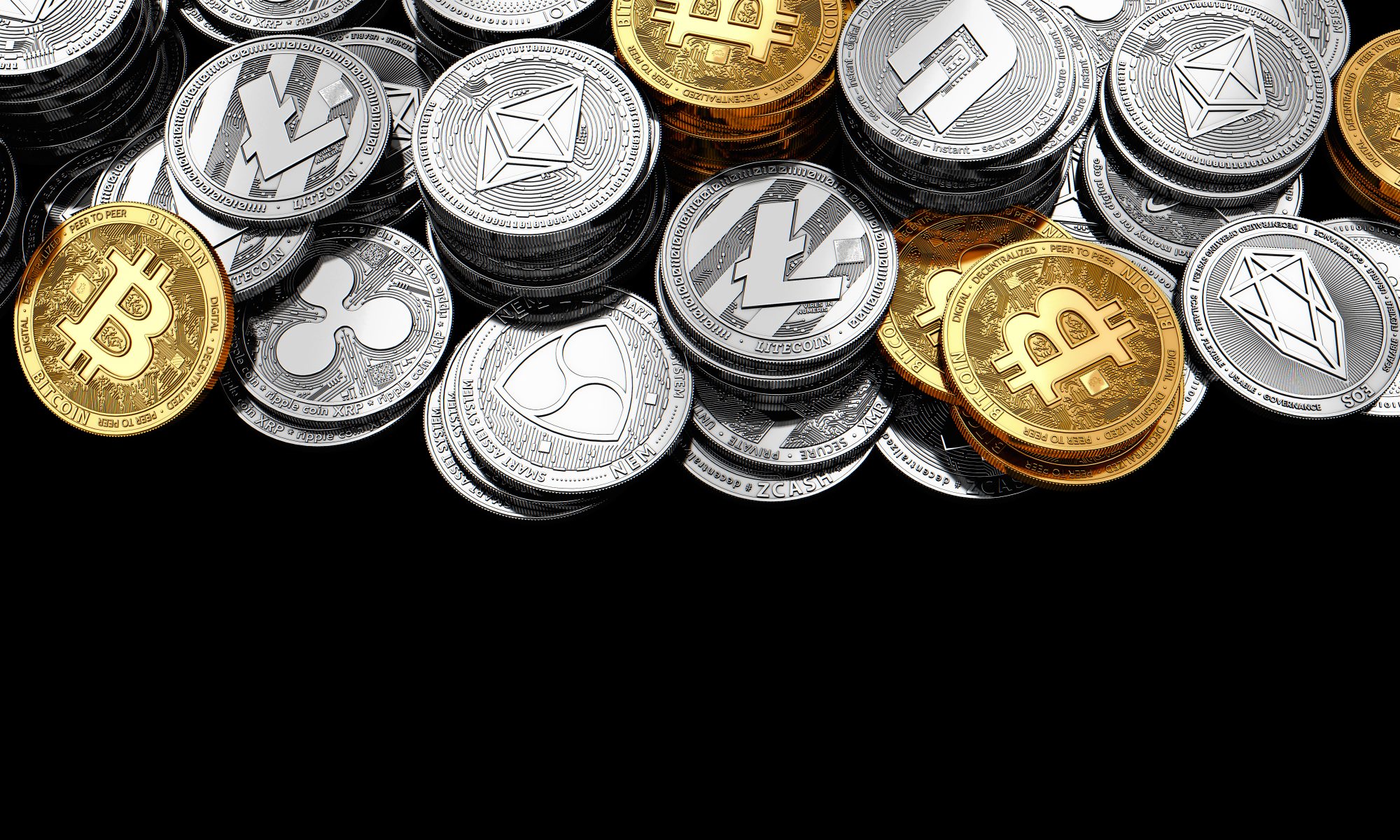Right now there is a lot of talk about cryptocurrency Initial Coin Offerings – aka the “ICO” market. There are websites dedicated to them: ICO Watch List, Top ICO List, and even an ICO Calendar. That’s great, if you know what you’re looking at when you go to those sites. But what is an ICO? And, more importantly, why would you want to get involved?
ICO’s get their name from “IPO” or “Initial Public Offering” which is the concept of companies that want to sell stock to the public. Companies do that to raise money; they sell a portion of ownership in the company (stock) in exchange for cash. Usually, this means that the company gets financial and legal advice from investment banks, file documents with the government and other stuff until finally they have a day where their stock becomes public.
So why go through all that trouble? Yes, there are a lot of people that make money along the way, but what’s in it for the company? Companies do this to raise money – usually a lot of money. More than they can borrow from banks or much cheaper. Then they use that money to invest in factories, research, product development, marketing and lots of other things.
The cryptocurrency community has a similar concept. When a company gets the idea that they want to introduce a new cryptocurrency, there is a lot of effort that goes into creating it. It might require buying equipment, hiring employees, developing new technology, or simply putting together the details of the cryptocurrency pricing. But at some point, the new cryptocurrency (or token) will be introduced. That day, like for the IPO, is the ICO.
There are several similarities between an IPO and an ICO. First, there is a group of people that believe in the value being created. Second, there is a defined set of rules that determine how what is offered and how much it will cost. .Third, there is a specific day when the stock or coin becomes available to the public. And fourth, anyone that “invests” could make money, or lose money, by participating – there is risk either way.
If you want to know more details about “what is an ICO” there are many articles that explain the details. Just like in my previous blog, “Cryptocurrency – What is it Really??” I am not trying to create a manual or explain how you can do an ICO. If you want details, check out this article by Block Geeks about ICO’s or check out at Investopedia’s ICO entry for more details. There are actually many articles that go into detail (even excruciating detail) about ICOs. If you’re trying to pull off an ICO, definitely read them! Otherwise, keep reading this article.
So those are the basics, and almost any other similarities in most cases are either annoyingly simple, accidental or otherwise not intentional. There are many, many types and flavors of ICOs. Mostly that’s because it is new technology. Also there really isn’t much regulation with ICOs, so they can be more creative (or deceptive). And, most important, be wary of “flops and failures” – people that do an ICO because they can’t successfully raise money for their idea any other way! That sounds like a reason to be cautious, right? Also ignore ICO’s that offer “guaranteed returns” because at least one of which turned out to be a scam ICO.
So some ICO’s are essentially IPO’s but without the regulation. Although these can be legit, be wary. The best way to think about ICO’s is to consider investing in ones that offer new technology, innovation or other benefits. If you want to invest in “old school” and traditional means, then doing it through an ICO seems to be much more risky. Otherwise the offering would be through a traditional approach.
However, the ICOs that really offer the new technology and innovation have their own, unique and hard to understand risks. You should not invest simply because it’s new or it doesn’t fit the traditional model or because the business model is hard to understand. It’s always important to understand your investments and know what a business is doing. The purpose of this article is to help you understand what an ICO really is – and you should be cautious. If it’s a traditional business raising money with this new approach, be especially cautious.
However, this new and innovative approach to creating technology, attracting money and possibly bringing huge returns should not be ignored! Keep up the research, enthusiasm and an open mind! The potential for returns may be (and have been) the highest that you may ever see! Please comment or ask questions.
